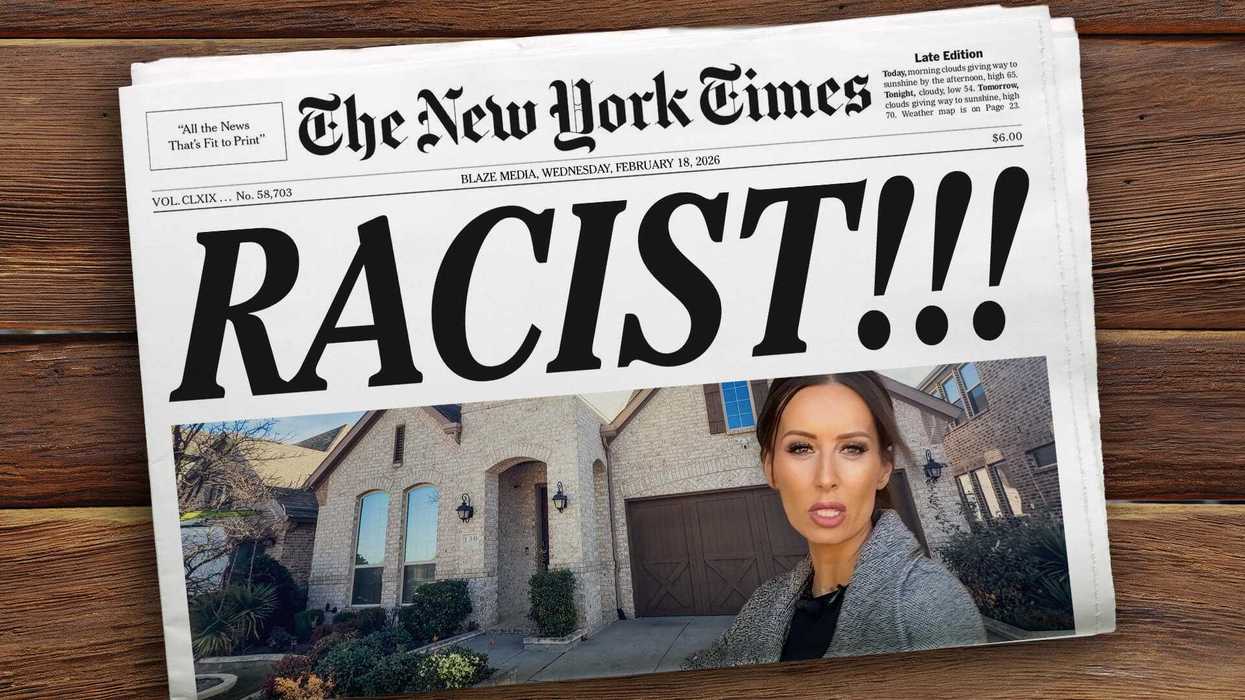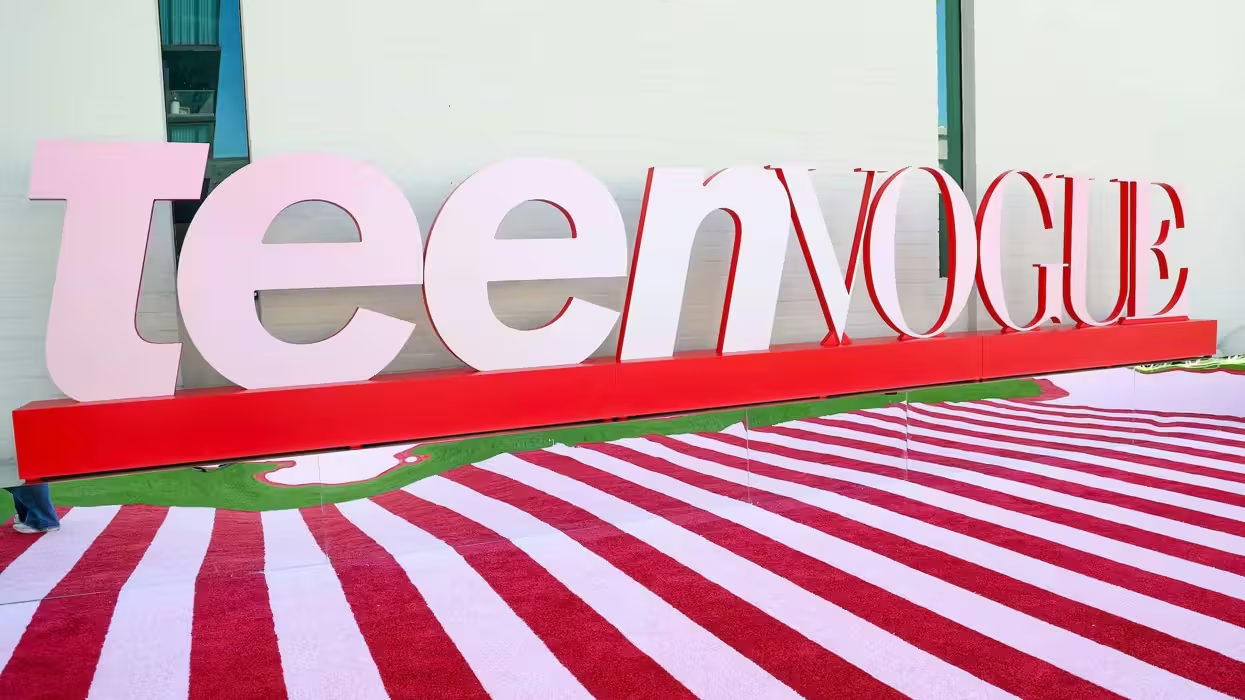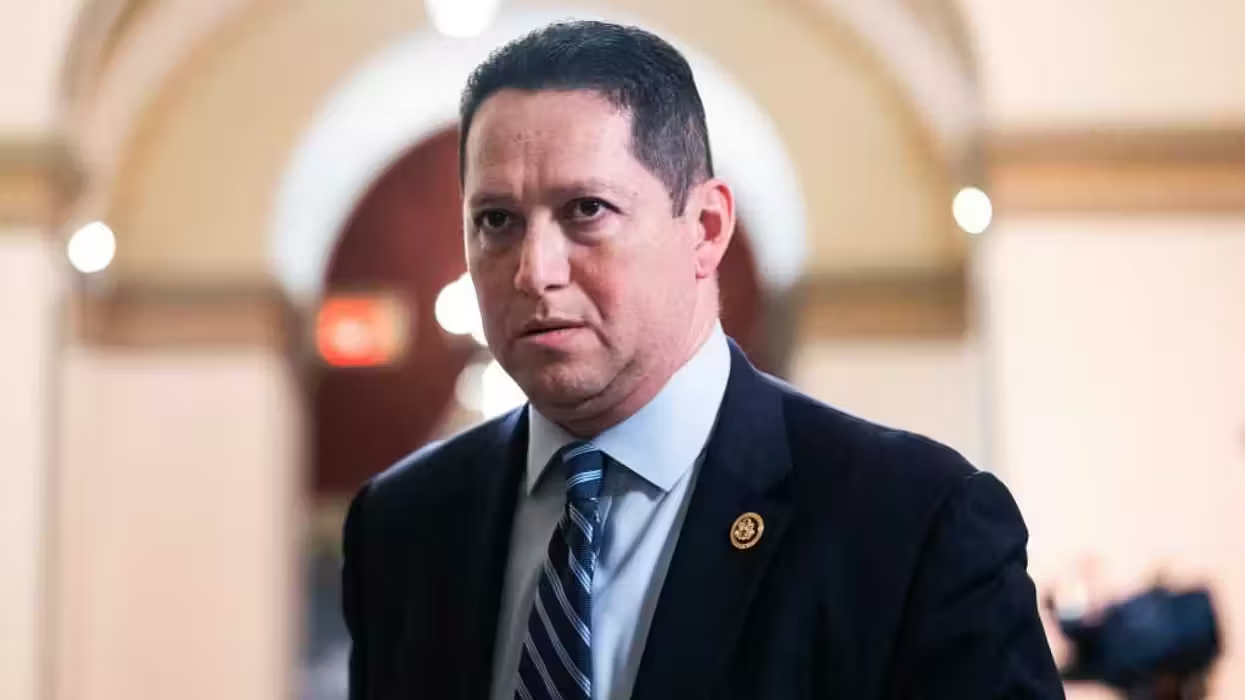In talks about reining in Iran's nuclear program in Geneva Wednesday, Iranian Supreme Leader Ali Khamenei belittled Israel as a "rabid dog" in the Middle East and insisted that economic sanctions will never force his country into concessions. In response to such hateful rhetoric, the United States defended her ally by... refusing to condemn it.
Yes, once again, France is schooling us in international relations. Rosie Gray of Buzzfeed reports:
A senior U.S. administration official said that inflammatory rhetoric by the Ayatollah Khamenei on Wednesday was “uncomfortable” but did not condemn it as unacceptable, as the French have done.
“Of course I don’t ever like it when people use rhetoric that in any way talks about the U.S. in ways that I find very uncomfortable and not warranted whatsoever,” the official told reporters assembled in Geneva to cover Iran nuclear talks this week.
“I do hearken back to what President Obama said at the UN General Assembly however. There are decades of mistrust between the United States and Iran,” the official said. “We certainly have had many people in our society say difficult things about Iran and Iranians, and not always necessarily made a difference between governmental decisions and culture and people — this is a very difficult terrain, is I guess my bottom line here, because there are these decades of mistrust.”
“So I would hope that neither in the U.S. nor Iran would leaders use rhetoric that may work well in a domestic constituency but add to the decades of mistrust on both sides.”







